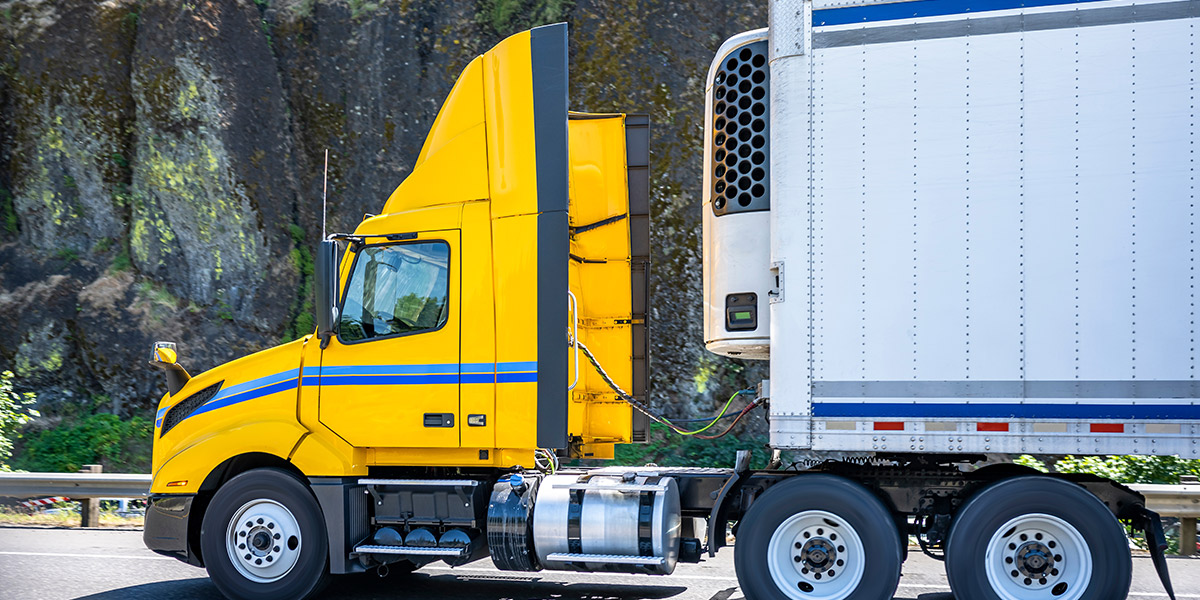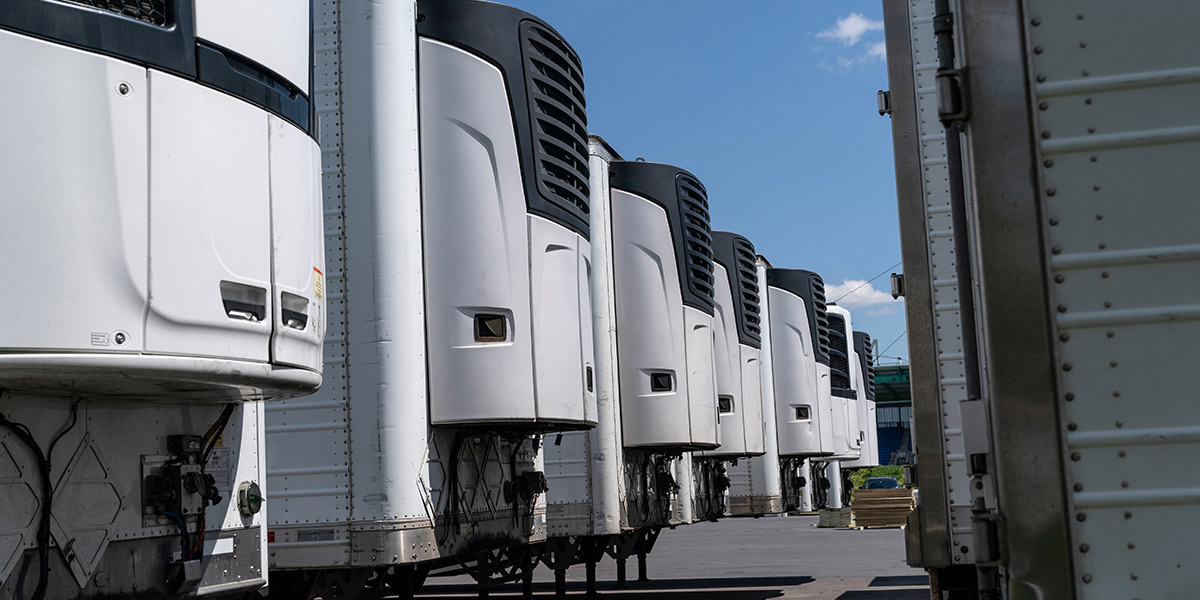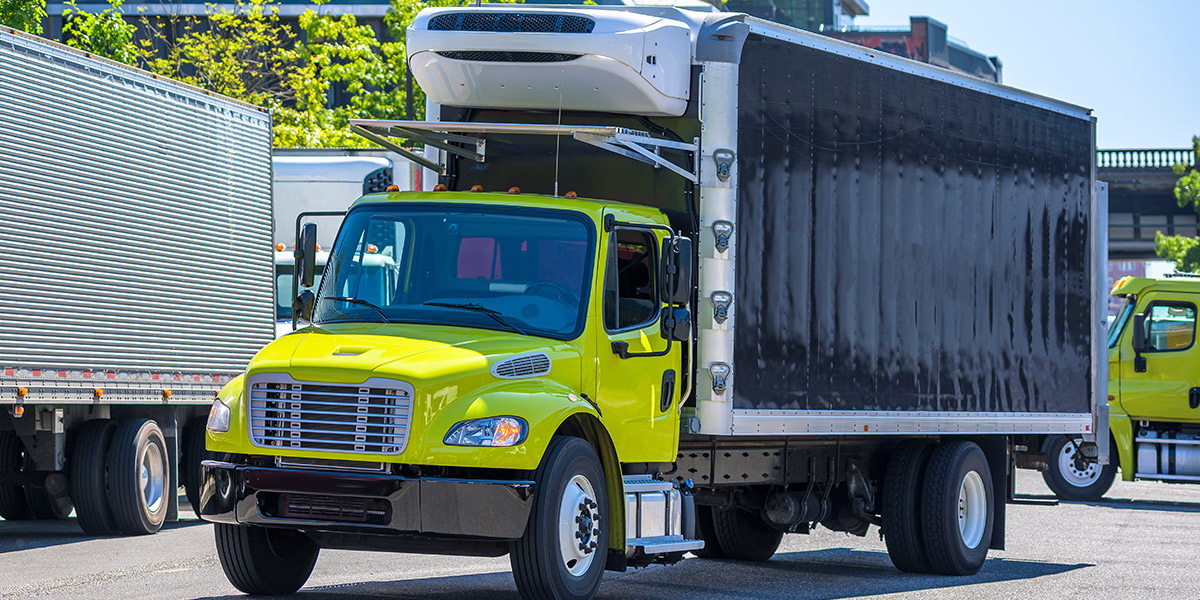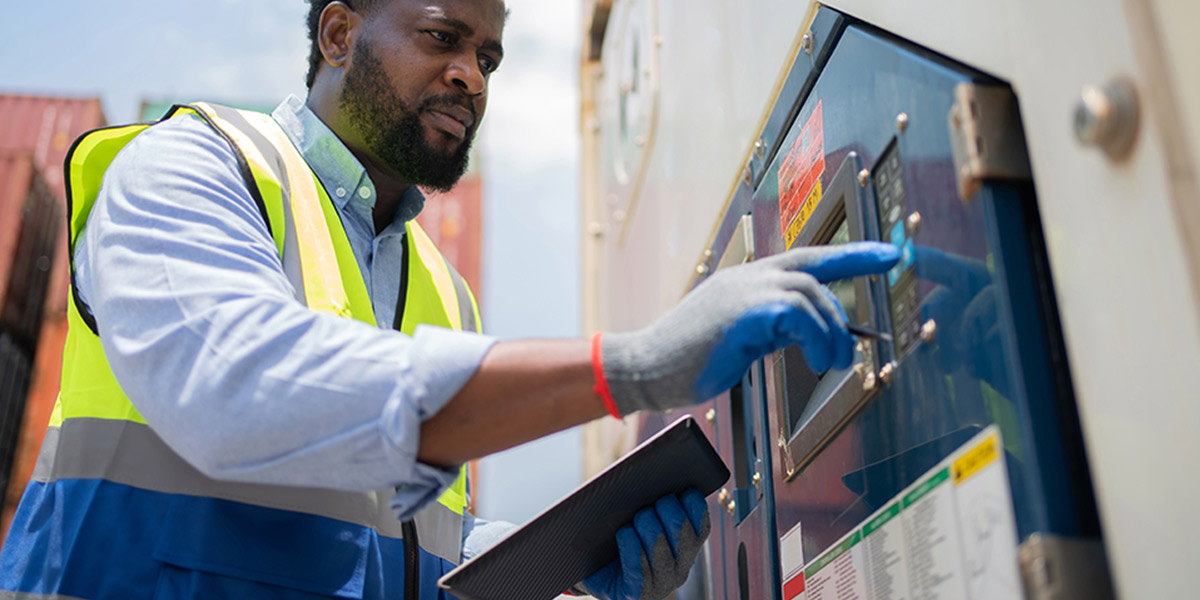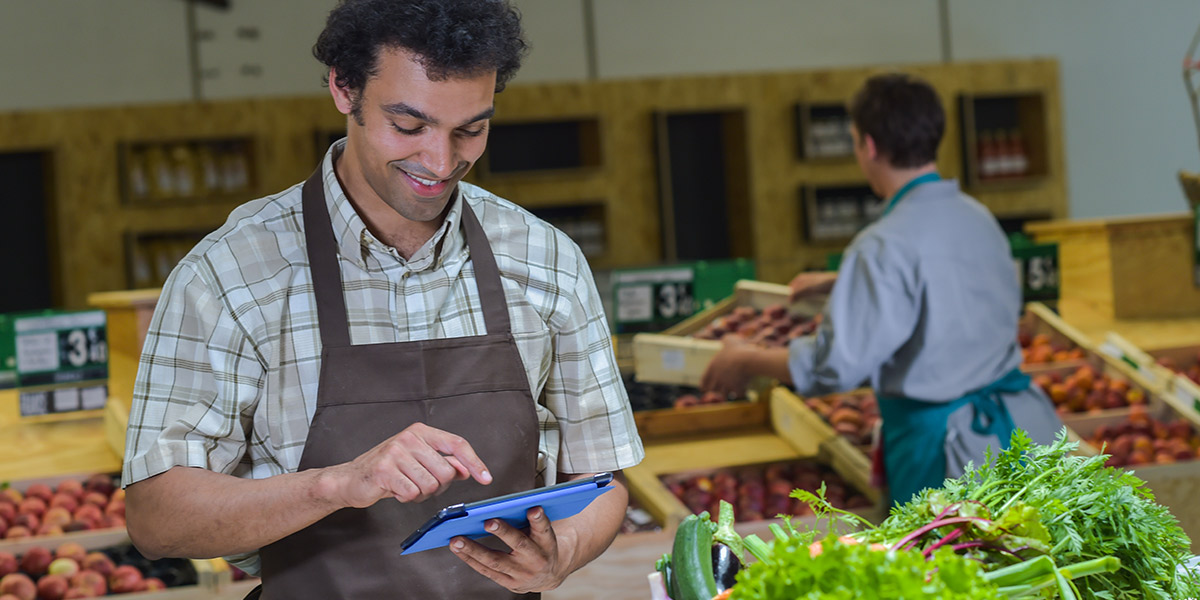Grocery chains simply can’t afford to let salable food spoil in transit – and here’s how to make sure it doesn’t happen.
The grocery industry is a tough business. Most consumers who spend much of their hard-earned paychecks shopping at grocery stores may assume the stores make out on every head of lettuce, package of meat, or every clamshell filled with fruit they sell. But, of course, as those in the grocery industry know all too well, paper-thin margins – 1 to 2 percent – are the reality.
With little wiggle room when it comes to raising prices to cover rising costs, whether due to scarcity, higher fuel prices, or manufacturers hiking costs, grocery store chains are left to control what they can to manage costs and stay in the black.
In perishable food, such as meat and produce, many grocery chains have a lot of control when it comes to sourcing and transporting. They may own or operate the trucks, the reefers, the depots, the cold rooms – pretty much the entire cold chain. But this control is accompanied by considerable costs, including lost costs that are preventable.
One preventable – and potentially substantial – cost is the spoilage of food in transport. To keep lost food from hurting your bottom line and to stay FSMA compliant, you can – and should – do the following:
Know your cold chain. Prevention begins with awareness. For grocers, that means understanding every location and environment through which food passes before it gets to consumers.
This knowledge is indispensable as it can help you determine where and how often you need to capture ambient and food temperatures to confirm food stays at or below a safe temperature. It can also reveal trouble spots where food might be at risk, such as when it’s left unattended or is in the hands of a third party, or when reefer or cold room doors need to be opened.
Mind your equipment. Like any equipment, reefers and refrigeration units require routine maintenance. They also will inevitably fail and need to be replaced. Monitoring the performance of your equipment by capturing temperature data can help you know when it needs to be repaired, which can – in turn – extend its lifespan and help you put off a costly outlay for replacements.
Make smart investments in tech. Technology is a necessity for accurate temperature monitoring, ensuring food safety, and confirming you stay compliant. Outfitting your reefers, cold rooms, and other critical points in your cold chain with easy-to-install temperature sensors can give you visibility into food safety and confirm reefer performance. Connecting those sensors to a telematics platform can combine all this data on a single pane of glass and provide a wealth of data and actionable insights to help your company operate more cost-effectively and efficiently.
This technology is a smart investment. And, by helping you mitigate the losses associated with spoiled food, it can be extremely cost effective and even help pay for itself by keeping your cold chain operations in the black.
Mind Your Margins
Given inflation and the volatility of fuel costs, minding your margins has never been a bigger priority. The good news is that temperature monitoring and staying compliant has never been easier – or a smarter investment.

